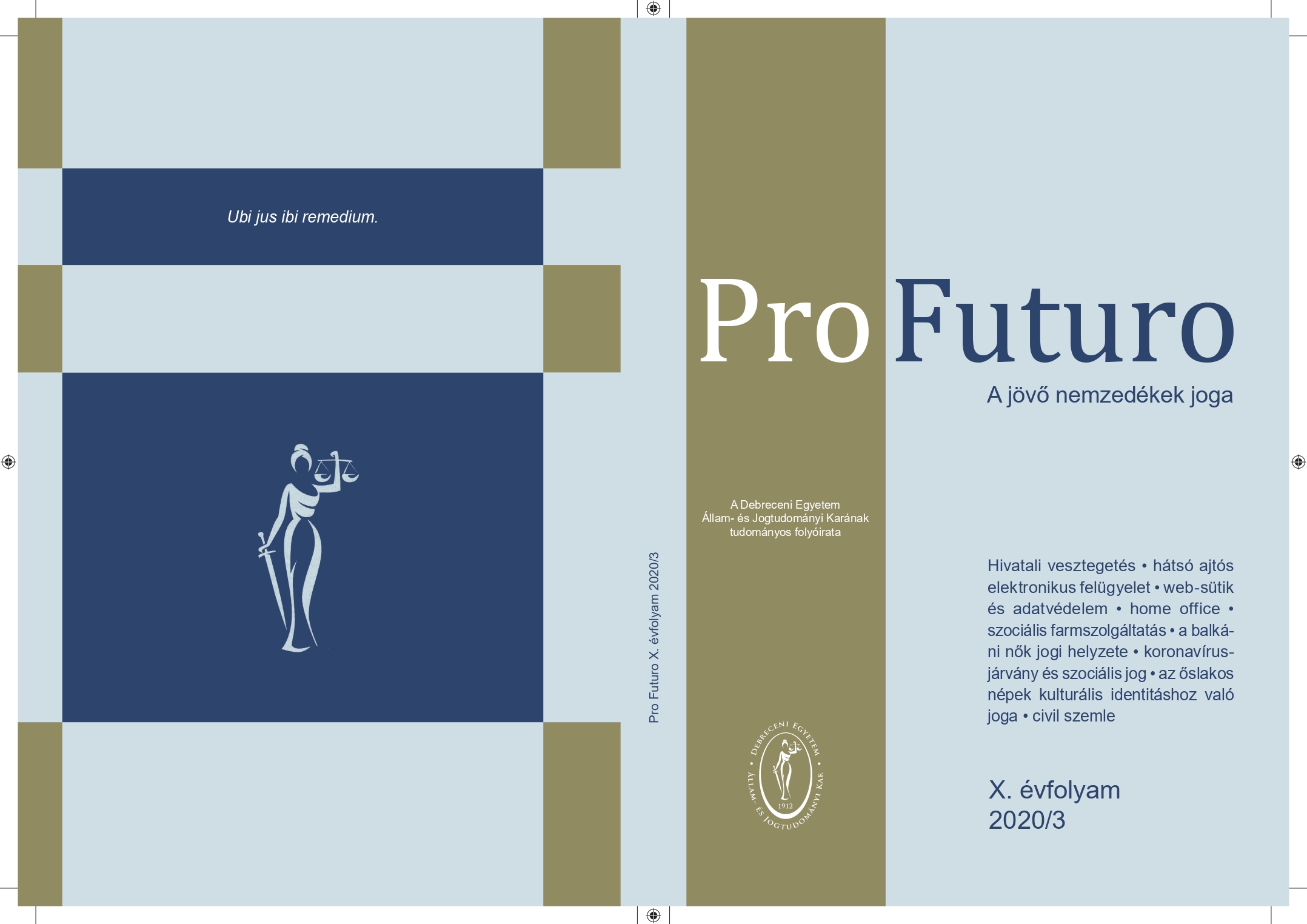The Indigenous Peoples’ Right to Cultural Identity in the Case-law of the Inter-American Court of Human Rights
Author
View
Keywords
License
Copyright (c) 2021 Pro Futuro

This work is licensed under a Creative Commons Attribution-ShareAlike 4.0 International License.
How To Cite
Abstract
The present paper examines the protection of cultural identity in the case-law of the Inter-American Court of Human Rights (IACHR), where this question has primarily been dealt with in connection with the rights of indigenous peoples. Although not expressly guaranteed in the American Convention on Human Rights (ACHR), the right to cultural identity is found to be protected in the treaty due to the IACHR’s evolutionary interpretation of the right to life and the right to property, as well as other first-generation human rights contained in the ACHR. Issued in the Spring of 2020, the IACHR decision in the case Lhaka Honhat vs Argentina puts into a new perspective the protection of the right to cultural identity. Unlike before, it was clearly established that cultural rights are autonomous and judicially enforceable under Article 26 of the ACHR. At the same time, the ICHR’s revolutionary approach provides new opportunities for the judicial protection of environmental rights claims based on Article 26 of the ACHR as well.


 https://doi.org/10.26521/PROFUTURO/2020/3/8922
https://doi.org/10.26521/PROFUTURO/2020/3/8922